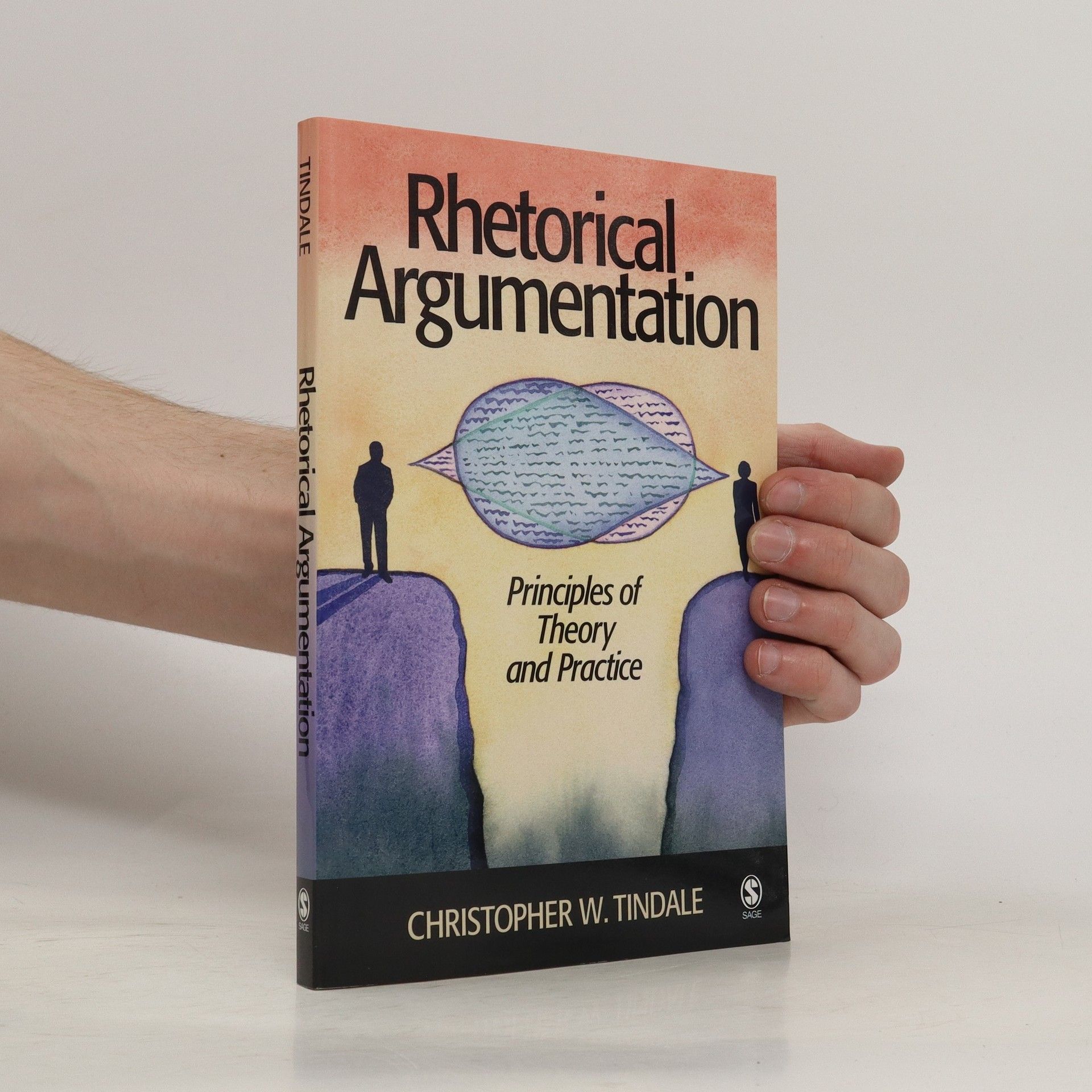By introducing an anthropological perspective, this book revitalizes argumentation studies, examining the topic through various cultural lenses. It engages with rhetoric, communication, and philosophy, making it a valuable resource for scholars and advanced students in these fields, as well as in linguistics and cultural studies.
Christopher W. Tindale Bücher





Fallacies and Argument Appraisal
- 236 Seiten
- 9 Lesestunden
An introduction to the nature, identification, and causes of fallacious reasoning, through accessible, everyday examples.
Rhetorical Argumentation
Principles of Theory and Practice
The study of argumentation has primarily focused on logical and dialectical approaches, with minimal attention given to the rhetorical facets of argument. Rhetorical Argumentation: Principles of Theory and Practice approaches argumentation from a rhetorical point of view and demonstrates how logical and dialectical considerations depend on the rhetorical features of the argumentative situation. Throughout this text, author Christopher W. Tindale identifies how argumentation as a communicative practice can best be understood by its rhetorical features.
This book delves into Plato's multifaceted approach to argumentation, examining his contributions as a logician, rhetorician, and dialectician. It highlights how these three roles interconnect and enhance his philosophical discourse, providing insights into his methods of reasoning and persuasion. By analyzing these aspects, the work offers a comprehensive understanding of Plato's influence on the development of argumentation theory.
How We Argue
- 170 Seiten
- 6 Lesestunden
This accessible book provides a practical discussion of the main elements of argumentation as illustrated by 30 public arguments from a recent year on a wide variety of social, cultural, and scientific topics.